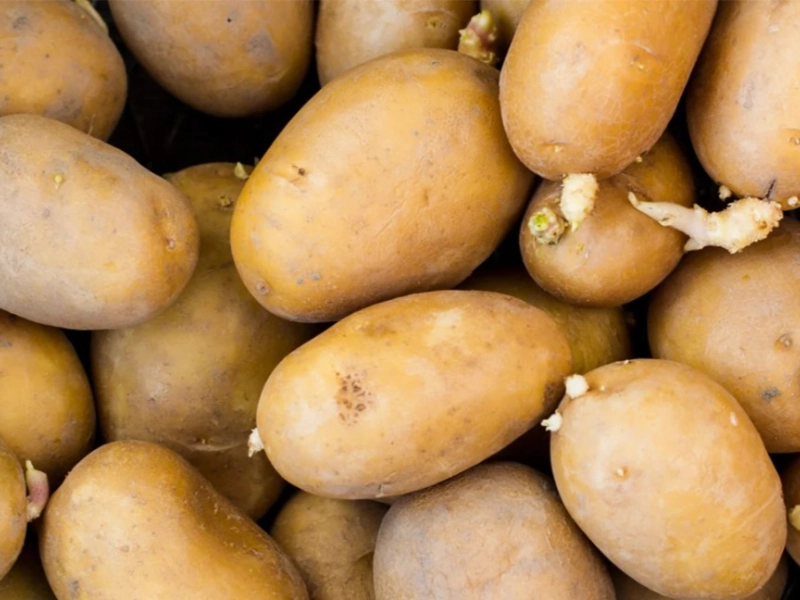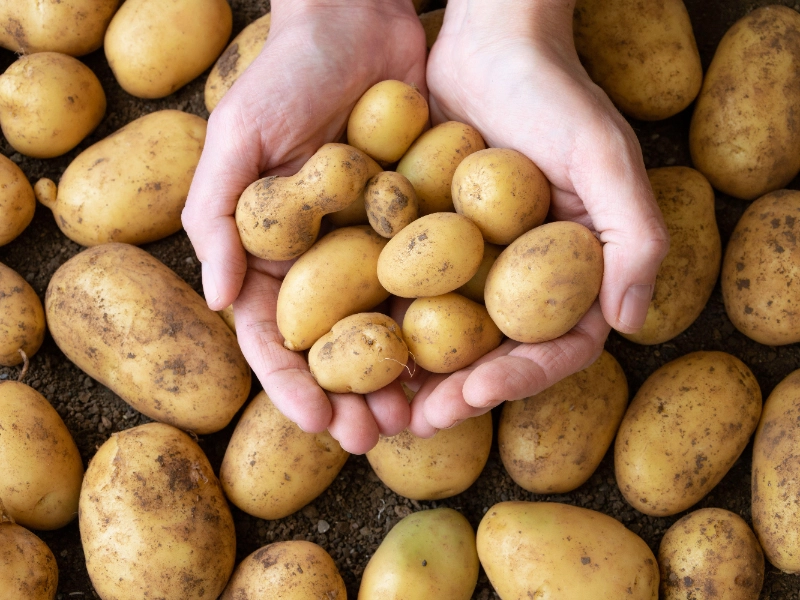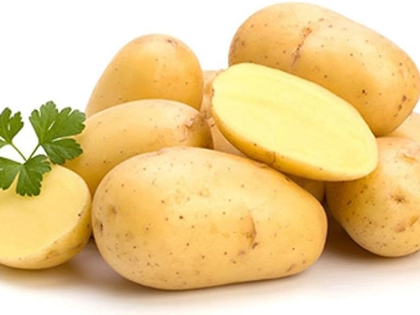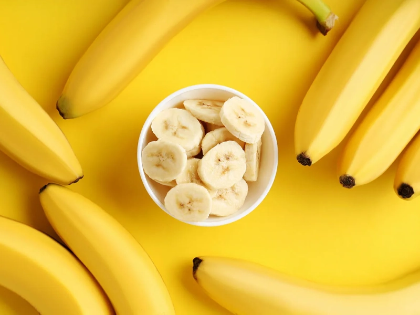Because of French fries and potato chips, potatoes have a negative reputation, but when prepared properly, they may be a nutritious component of a diet. They are rich in fibre and minerals like potassium while being low in fat and sodium.
Boiling potatoes on a regular basis did not raise cardiometabolic risk factors, according to research from Boston University that looked at data from the Framingham Offspring cohort.
Potassium

Advertisement
In order to maintain a healthy balance of water inside and outside of cells, control blood pressure, support nerve transmission, and support muscle contraction, particularly heart muscle, the body needs potassium (K). Potassium is abundant in potatoes.
Potassium is crucial for sprout formation, vegetative growth, tuber commencement and bulking, and maturity during the growing phase. Additionally, it encourages the opening and shutting of stomata for photosynthesis and gas exchange.
A high potassium intake can help lower the risk of stroke and high blood pressure. A medium potato that has been steam-cooked has 476 mg of potassium per serving. Salmon, yoghurt, beans, almonds, leafy greens, and salmon are other foods high in potassium. Limiting your potassium consumption may be a smart idea if you have kidney disease. For a lower-potassium alternative, try using mashed cauliflower instead of potatoes. Only 108 milligrammes of potassium are present in one cup of cooked cauliflower.
Fibre

Potatoes are a preferred vegetable in the American diet, appearing in everything from mashed potatoes and scalloped cheesy potato casserole to fast food fried potato skins. Although they have a reputation for being high in carbohydrates, potatoes may be incorporated into a healthy meal plan if you choose the correct preparation and toppings.
In addition to making you feel fuller longer, the soluble fibre in potatoes also supports a healthy digestive system. Additionally, potatoes provide vitamin C, which strengthens the immune system and promotes the creation of the hormone cholecystokinin, which is in charge of promoting the secretion of bile into the intestines.
When boiling, roasting, or baking potatoes, keep the skins on for a rich supply of potassium, vitamin C, and folate. Additionally, phenolic chemicals that are present in the skins of particular potato varieties, such as red, purple, and sweet potatoes, may aid in reducing inflammation. Potassium is a natural diuretic that lowers blood pressure by promoting blood vessel dilatation.
C vitamin

Vitamin C is abundant in potatoes. According to Han et al. (2004), a medium-sized potato contains 30% of the daily required amount of vitamin C. Antioxidants like vitamin C help prevent cell deterioration by scavenging free radicals.
Potatoes include a lot of complex carbohydrates, but they also have a lot of protein and dietary fibre. They are also a good source of manganese, magnesium, phosphorus, and potassium.
A 2020 study that appeared in Plant Foods for Human Nutrition found that cooking methods have an impact on the vitamin, mineral, and phytochemical content of potatoes. For instance, cooking potatoes in their skins retains more of the water-soluble vitamins. It is advised to boil vegetables with the skin on to prevent nutrients from leaching into the water.
A medium potato has 57 mg of choline, an essential vitamin involved in memory, mood, and muscle function. Adults are advised to take 550 mg of choline daily.
Cholesterol

Contrary to popular belief, potatoes don't contain a lot of cholesterol. Potatoes are a heart-healthy food option because they don't contain cholesterol or saturated fat.
However, you should stay away from potatoes that have been too salted or cooked with additional sugars. Additionally, meals high in sodium and saturated fats, which raise blood pressure, such as bacon and sausage, should be avoided.
Sweet potatoes can help you meet your daily potassium needs, which are necessary for controlling the body's blood pressure and cholesterol levels. These root vegetables are also high in soluble fibre, which, when bound with bile acids, lowers cholesterol.
In healthy adults, a study found that moderate consumption of boiled potatoes lowers total cholesterol and triglycerides and raises HDL cholesterol. According to these findings, eating potatoes is linked to having a good lipid profile, and this association may be higher in obese people.
Advertisement














